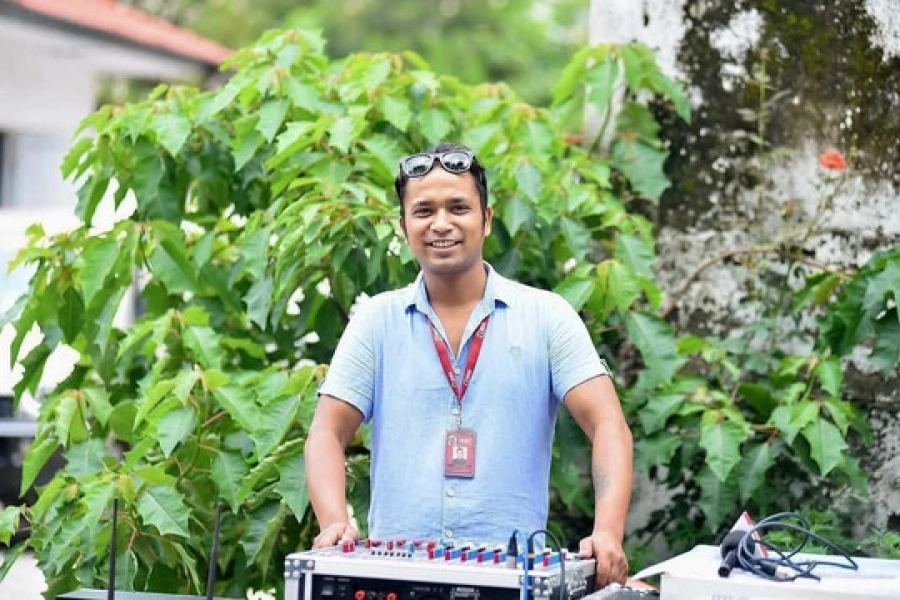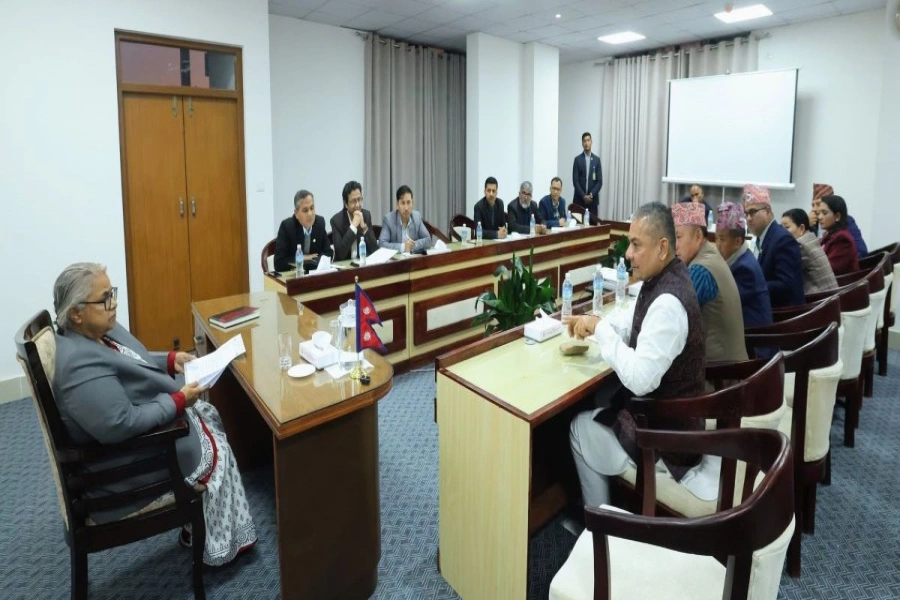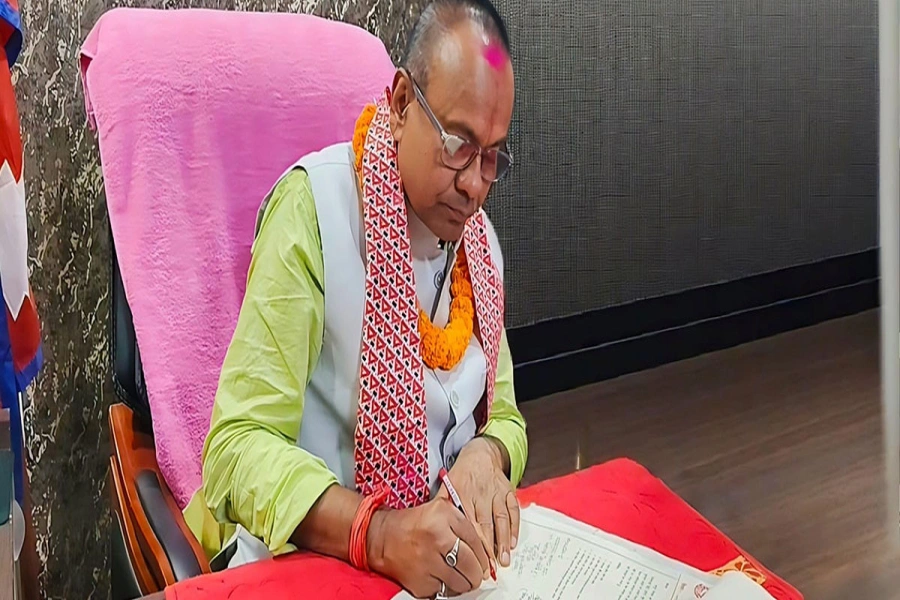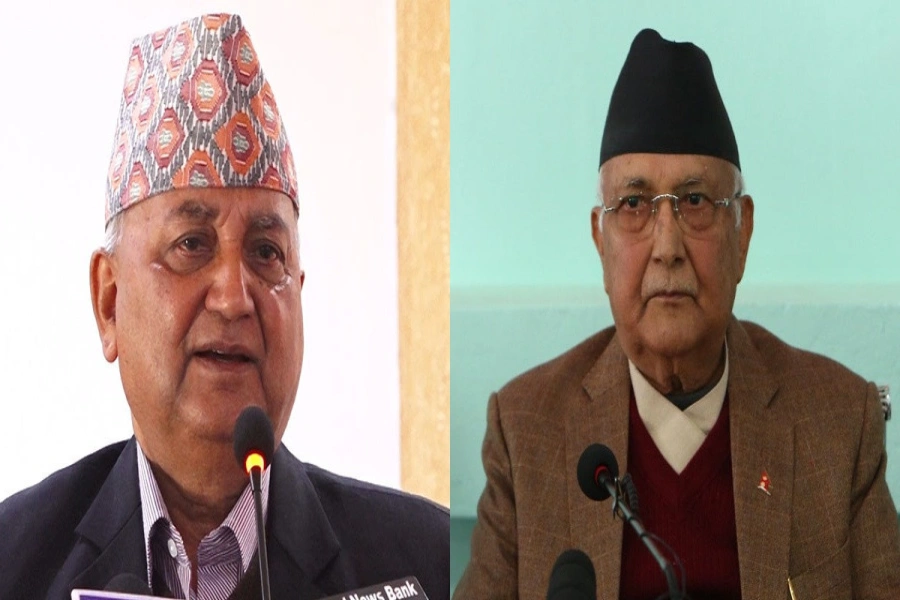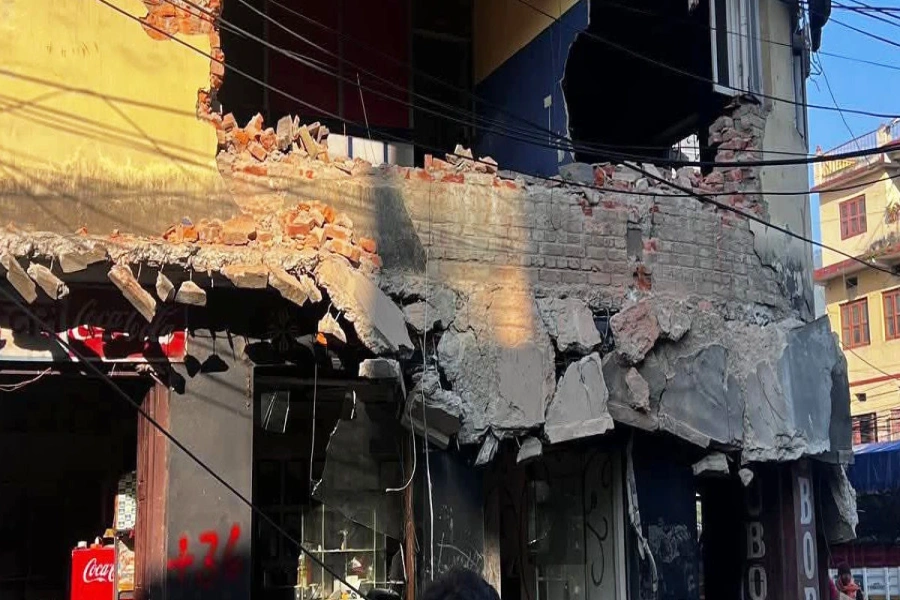KATHMANDU, Jan 30: Electricity tariff in Nepal is one of the highest in South Asia. Experts say unregulated power purchase agreements signed with hydropower developers by Nepal Electricity Authority (NEA) is one of the reasons that has made electricity expensive in Nepal.
Realizing the fact, the parliament endorsed Electricity Regulation Commission Act 2017 on September 4 last year, paving way for the government to set up a regulatory institution in the electricity sector. However, the Ministry of Energy is not showing any interest to set up the commission.
Instead, Minister for Energy Kamal Thapa two weeks ago directed the NEA to sign PPAs to purchase an additional 2,100 MW of energy of run-of-river (RoR) projects on 'take or pay' basis.
Electricity Regulatory Commission proposes new directive for el...
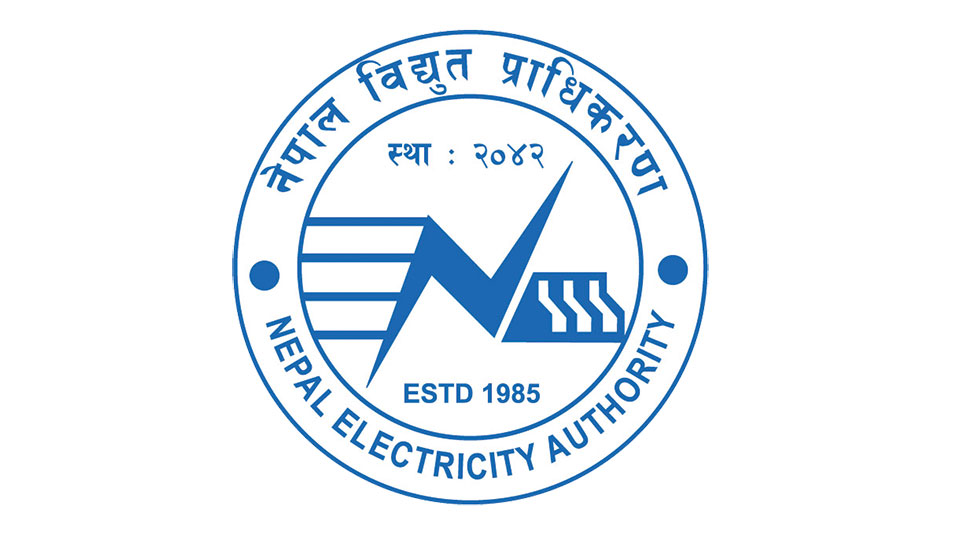
The plan to set up the commission dates back to 2004.
According to the Electricity Regulation Commission Act 2017, the commission has been mandated to regulate the overall electricity sector, including controlling electricity prices by studying several cost factors in building power plants. The commission is very important as such costs of power plant are directly reflected in PPAs which are ultimately transferred on customers. The commission has also been authorized to set electricity tariff and monitor power purchase agreements between developers and NEA, according to the Act.
Many are of the view that high electricity tariff is unjustifiable in a country like Nepal with abundant hydropower potentials. Professor Amrit Man Nakarmi of the Center for Energy Studies, Tribhuvan University, said that the delay in instituting electricity regulatory commission is making electricity expensive in Nepal. “A study conducted few years ago showed that electricity tariff is second highest in the region after Sri Lanka. The commission can control electricity price by studying the cost of power generation, capital injected in the project, and internal rate of return, among several other factors associated with the project development cost,” added Nakarmi.
“The commission can make a comparative study of electricity price, as well as cost of power generation, can control electricity tariff accordingly.”
Hydropower projects often inflate power generation cost to negotiate higher PPA rates with the NEA. The power utility lacks technical capacity to calculate project cost inputs efficiently. Its staffers have also been accused to fixing PPA rates of companies promoted by them - a serious case of conflict of interest. Similarly, PPA rates of different categories of plants are fixed without considering features of the project, including geology, water discharge and location, among others. These features largely determine the cost of projects, according to experts.
Talking to Republica, Energy Secretary Anup Kumar Upadhyaya defended Minister Thapa's direction of signing additional PPAs on take or pay basis, stating that he was only implement the cabinet decision take last year. “As the PPA rates are already fixed, the regulatory commission cannot change the prices. The factors like project cost and other factors, which are taken into account while deciding PPA rates, are the same regardless of who sets the price,” argued Upadhyaya.
NEA on Sunday signed PPA with a Nepal-Korea joint venture company to buy electricity generated by Upper Trishuli-1 hydropower project in US dollar. The decision may clearly affect the prices of the electricity sold to the households as the cost of the project has long been questioned.
Ministry of Energy says that it is drafting regulations to set up Electricity Regulatory Commission. It may take few more months for the commission to come into being, energy ministry officials say.




